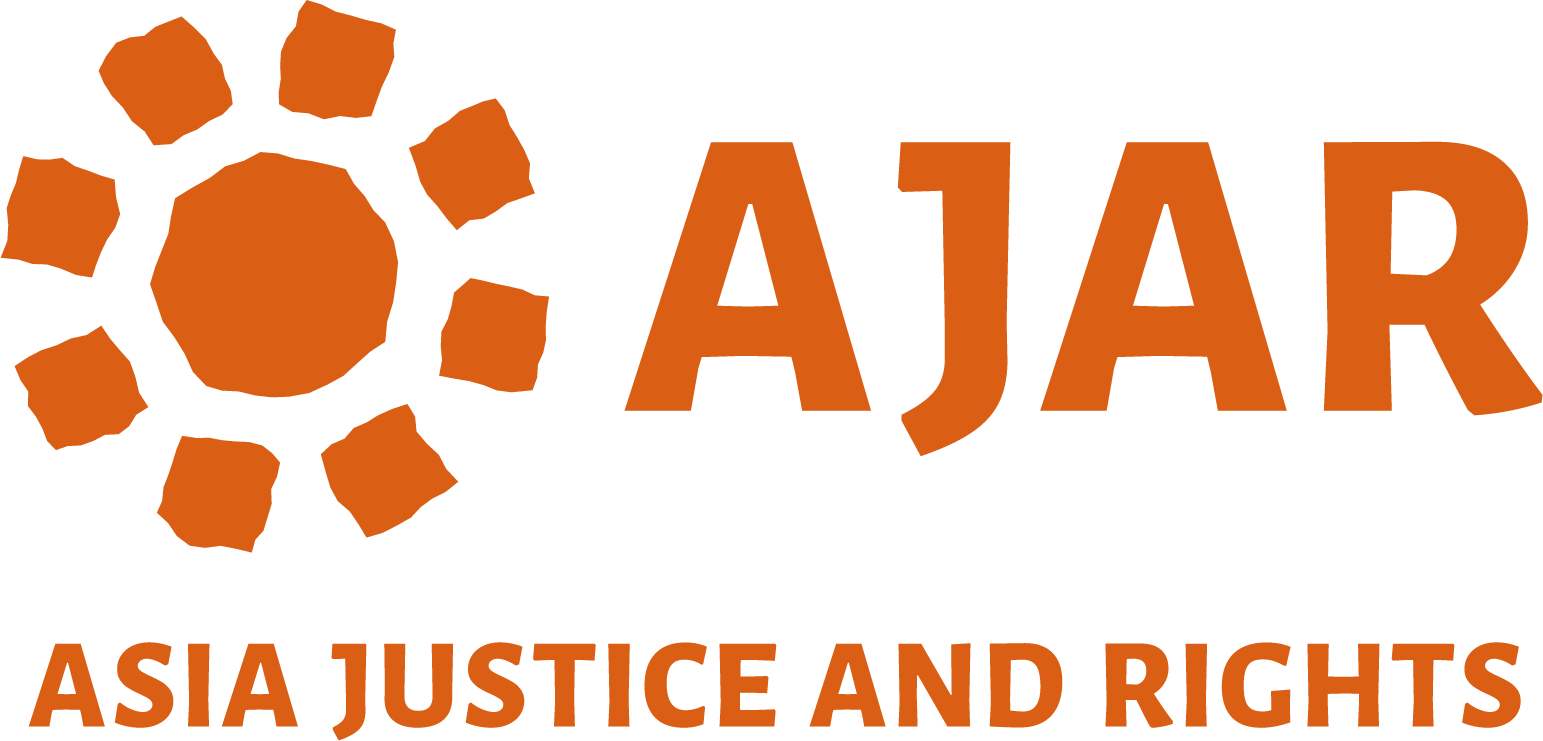Different criminal justice mechanisms have been used to prosecute massive human rights abuses, including gender-based violations: international courts, including the International Criminal Court; hybrid courts, such as the Special Court for Sierra Leone; and national courts instead of, or in addition to, international courts.
After the Second World War, neither the Nuremberg nor Tokyo tribunals specifically prosecuted the crime of rape, despite well-recorded violations against women, such as the rape of 20,000 women by Japanese soldiers at Nanking and sexual violence in the Nazi concentration camps. Evidence of systematic rape was included in some of the trials, but no judgment stated the crime of rape. However, the Batavia Trials conducted in 1946 in Indonesia by the colonial Dutch East Indies government at a domestic level, did prosecute enforced prostitution as a war crime. In this example, only European women survivors were considered.
The 1949 Geneva Conventions and the two additional protocols contain provisions relating to women, yet prosecutions at the international level for rape did not take place until the mid-1990s. The first prosecutions took place when the ad hoc tribunals for Rwanda and the former Yugoslavia recognised sexual violence against women as a violation of the various rules of international criminal and humanitarian law. As a result, sexual and gender-based violations are now recognised as among the most serious offences during conflict, and are often charged and prosecuted as such.
